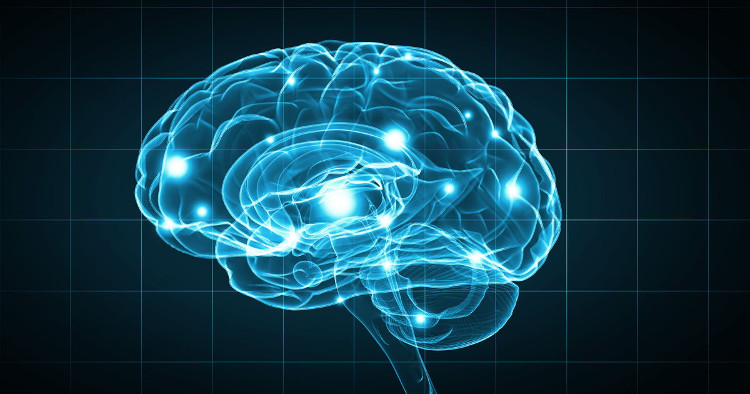You cannot lie if scientists do this
Scientists have found a way to make people more honest.
According to the researchers, the process of judging between honesty and self-interest is controlled by the prefrontal cortex (Dorsolateral prefrontal cortex - DLPFC). They conducted the test by manipulating this part of the brain to examine the truth in humans.
Participants are required to play a game in which they can cheat to increase their income. Researchers find that nearly everyone deceives playing to make more money. But some participants are quite honest.

People will reduce lies and fight ideas between telling the truth and lying if they are electrically stimulated to the right brain region - (Photo: Shutterstock).
Professor Michel Maréchal, from the University of Zurich, said: "Most people consider the motive for personal gain and honesty on a case-by-case basis. They cheat but not on every occasion." The team also revealed that 8% of people cheated in all the times, regardless of the reward received.
Researchers then stimulated the brain in the rDLPFC area of the participants. This non-invasive brain stimulation is called stimulation by transcranial direct current stimulation (TDCS) , using electrodes to make brain cells more sensitive and more active.
When such an electric stimulating effect during the course of the participant's performance shows that the player is less fraudulent. But the number of scammers remains the same. Professor Christian Ruff said: " This finding suggests that stimulation reduces the level of fraud of participants - those who actually face moral conflict, but do not affect the decision-making process. in those who have committed to maximizing their income ".

New research that opens the way to determine brain activity processes causes people to behave honestly - (Photo: Shutterstock).
Researchers find that stimulation only affects the process of considering physical motivation and moral motivation. But they did not see that harmless electrical stimulus affecting other types of conflicts unrelated to ethics, including financial decisions regarding risk, ambiguity, and rewards. Another test showed that stimulation did not affect honest behavior when cheating to repay a debt to others.
According to the researchers, this finding is the first important step in determining brain processes that make people behave honestly. The results raise the question of how honestly the behavior is based on the biological tendency.
The study is published in the Proceedings of the National Academy of Sciences.
- Diseases of genius scientists
- China exploded million-dollar scientist
- Famous scientists are printed on money
- 6 scientists achieved brilliant achievements thanks to self-testing
- Scientists want to eat aliens?
- Portrait of aliens under the perspective of scientists
- UNESCO honors five outstanding female scientists
- 15,000 scientists warn of threats to humanity
- For the first time, scientists can see the shape of memories
- Scientists confirm that the
- The female scientists are forgotten
- Russian scientists found new dinosaurs in Kemerovo, Siberia
 Green tea cleans teeth better than mouthwash?
Green tea cleans teeth better than mouthwash? Death kiss: This is why you should not let anyone kiss your baby's lips
Death kiss: This is why you should not let anyone kiss your baby's lips What is salmonellosis?
What is salmonellosis? Caution should be exercised when using aloe vera through eating and drinking
Caution should be exercised when using aloe vera through eating and drinking